The Ultimate Maine Coon Diet Guide: Nutrition, Feeding Tips & Best Foods
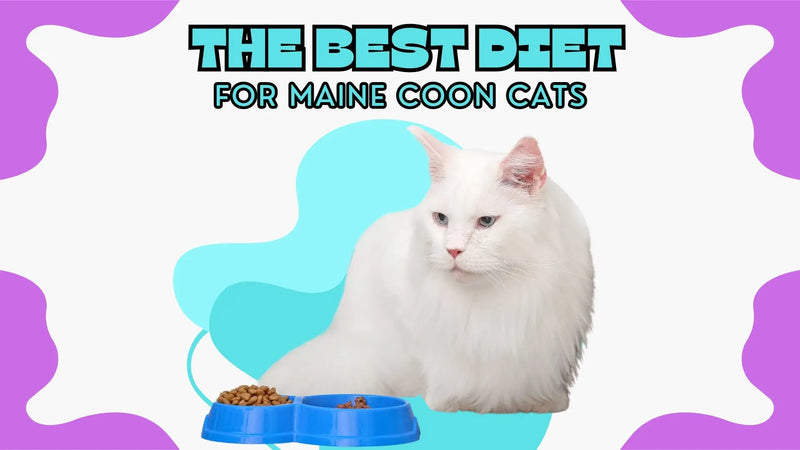
Maine Coon cats are famous for their majestic size, friendly personalities, and luxurious coats. As one of the largest domesticated cat breeds, these gentle giants require special attention when it comes to their Maine Coon diet. Their muscular build, thick fur, and active nature make proper nutrition essential for maintaining their health and energy levels.
A well-balanced Maine Coon cat diet not only ensures they maintain their strong physique but also supports heart health, joint function, and coat quality. Without the right nutrients, these magnificent cats can become prone to obesity, heart disease, and joint issues.
Understanding the Maine Coon food diet is key to providing them with the best nutrition possible. This guide will explore the best diet for Maine Coon cats, including essential nutrients, feeding schedules, and portion control to help you make informed decisions about their diet.
Maine Coon cats are famous for their majestic size, friendly personalities, and luxurious coats.
Understanding the Maine Coon's Unique Dietary Needs
Maine Coons are one of the largest domesticated cat breeds, with males typically weighing 13-18 pounds or more and females around 8-12 pounds. Because of their size, they need more calories than the average cat, but it’s important to keep portions in check to avoid extra weight that could strain their joints.
These cats are naturally playful and energetic, burning through food quickly, so they require a high-quality Maine Coon cat diet to keep their muscles strong. Their thick, fluffy coats also need the right nutrients to stay soft and reduce shedding. Since Maine Coons have sensitive stomachs, it's best to avoid low-quality fillers that can lead to digestive issues.
Hydration is another key factor—Maine Coons can be prone to urinary problems, so ensuring they drink enough water and eat moisture-rich food helps keep their kidneys and bladder in good shape. A well-balanced Maine Coon food diet is the key to keeping these gentle giants healthy, happy, and full of life.
Essential Nutrients for Your Maine Coon
Providing your Maine Coon with the right nutrients is key to keeping them healthy, energetic, and thriving. Here are the essential nutrients that should be a staple in the best diet for Maine Coon cats.
Protein: The Key to Strong Muscles
Protein is a vital building block in your Maine Coon's diet. It helps maintain their strong, muscular body and supports tissue repair. High-quality animal protein from sources like chicken, turkey, fish, and beef is the best option, as it provides essential amino acids for healthy growth and maintenance.
Look for foods where protein is the first ingredient, as this ensures they’re getting enough to fuel their active lifestyle and prevent muscle loss. Since Maine Coons are larger cats, they require more protein than smaller breeds, making it essential to choose a high-protein Maine Coon diet with real meat rather than plant-based fillers.
Omega-3 Fatty Acids: For That Signature Shiny Coat
The beautiful, thick coat of a Maine Coon is one of its most admired features, but maintaining it requires proper nutrition. Omega-3 fatty acids, found in fish oils, salmon, and flaxseed, help reduce inflammation, promote a glossy coat, and support joint health.
These essential fats also aid in brain function and heart health, making them an important part of your cat’s diet. Including Omega-3s in their meals can prevent dry, brittle fur and excessive shedding, ensuring that your Maine Coon’s coat stays soft, shiny, and tangle-free.
Taurine: A Must for Heart Health
Taurine is an amino acid crucial for heart function, vision, and reproductive health. Unlike humans, cats cannot produce taurine on their own, so they must obtain it from their food. A lack of taurine can lead to serious health issues, including vision problems, weakened heart muscles, and digestive disorders.
Maine Coons are genetically prone to Hypertrophic Cardiomyopathy (HCM), a heart condition that affects the thickness of the heart walls. Ensuring they get enough taurine and Omega-3 fatty acids can help support heart health and reduce the risk of cardiovascular disease.
Vitamins and Minerals: Supporting Overall Health
Maine Coons, like all cats, need a balanced mix of vitamins and minerals to stay healthy. Key nutrients include:
-
Calcium, Vitamin D, and Phosphorus – Support bone strength and development.
-
Vitamin E, Vitamin C, and B vitamins – Boost immune function, energy levels, and skin health.
-
Magnesium, potassium, and zinc – Maintain muscle function and nerve signaling.
A well-balanced Maine Coon food diet ensures your cat receives all the essential nutrients for a healthy, active lifestyle.

Wet vs. Dry Food: What’s Best for Maine Coons?
Choosing between wet and dry food for your Maine Coon cat diet can be challenging, as both have unique benefits. A balanced Maine Coon diet often includes a combination of both to ensure proper hydration, nutrition, and dental health.
Wet Food: Hydration and Taste
Wet food can be a great addition to a Maine Coon’s diet. It contains a high moisture content, which helps keep your cat hydrated, especially if they don’t drink enough water on their own. Proper hydration is essential for kidney health and preventing urinary tract infections (UTIs), which Maine Coons can be prone to.
Additionally, wet food is often more palatable for cats, making it a great choice for picky eaters or those with dental issues who struggle with dry kibble. Since it’s easier to chew, wet food is especially beneficial for older Maine Coons or those with sensitive teeth. High-quality wet food also contains real meat proteins, which mimic a cat’s natural diet and provide essential amino acids for muscle maintenance.
Dry Food: Convenience and Dental Health
While wet food is excellent for hydration, dry food offers other benefits. It’s easy to store, lasts longer, and is convenient to serve, making it a practical choice for busy pet owners. Dry kibble also helps maintain dental health by scraping plaque and tartar off the teeth as your cat chews, potentially reducing the risk of dental disease.
However, because dry food contains less moisture, it’s important to ensure your Maine Coon drinks plenty of water to stay hydrated. Some dry foods are also formulated with added nutrients like taurine, Omega-3s, and fiber to support heart health, digestion, and coat quality.
Homemade vs. Commercial Cat Food: Which Is Better?
Both homemade and commercial cat food have pros and cons, but the key is ensuring your Maine Coon gets a balanced, nutrient-rich diet.
Homemade Diets: Custom but Challenging
A homemade Maine Coon cat diet lets you control ingredients, avoiding fillers and artificial additives. It can be tailored to your cat’s needs but requires careful planning to include essential nutrients like taurine, Omega-3s, and vitamins. Without proper balance, homemade food can lead to nutritional deficiencies, so consulting a vet is crucial.
Commercial Cat Food: Convenient and Balanced
High-quality commercial cat food is formulated to meet all nutritional needs, making it easy and reliable. The best diet for Maine Coon cats includes premium brands that use real meat and avoid artificial additives. However, some contain fillers and by-products, so choosing a premium option is important.
Feeding Schedule and Portion Control
Establishing a consistent feeding schedule and maintaining proper portion control is essential for keeping your Maine Coon at a healthy weight and ensuring they receive the right amount of nutrients. These gentle giants have big appetites, so balancing their meals prevents overeating and supports an optimal Maine Coon cat diet.
Establish a Routine: Consistency Is Key
Maine Coons thrive on routine. Regular feeding times help regulate digestion, prevent overeating, and ensure your cat knows when to expect meals. A consistent schedule also makes it easier to track their appetite and spot any changes that could signal health issues.
Portion Control: Avoid Overfeeding
Maine Coons love food, but free-feeding can lead to obesity. Adult Maine Coons should be fed twice a day, while kittens need more frequent meals to support their growth. Always follow the feeding guidelines on food packaging, but adjust portions based on your cat’s size, metabolism, and activity level to maintain the best diet for Maine Coon cats.
Signs your Maine Coon may be overeating or under-eating:
-
Unexpected weight gain or loss
-
Constant begging for food despite eating regular meals
-
Lethargy or decreased activity levels
-
Vomiting or digestive issues after meals
If you notice any of these signs, consult your vet to adjust portion sizes or switch to a more suitable diet.
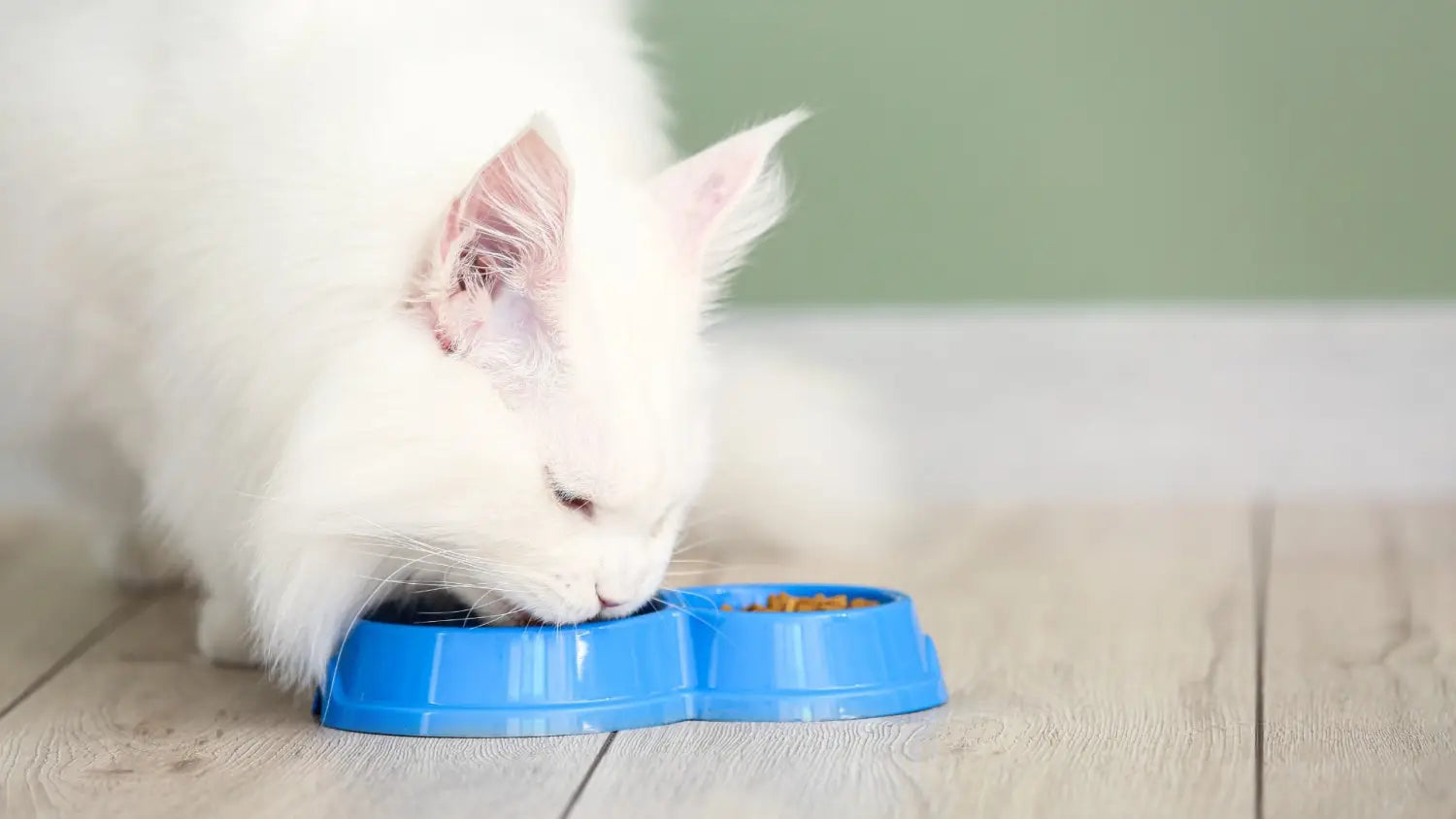
Keeping Your Maine Coon Hydrated
Proper hydration is just as important as food when it comes to your Maine Coon’s overall health. Since these cats are prone to urinary issues, ensuring they drink enough water is essential for kidney and bladder function.
Maine Coons can sometimes be picky drinkers, so it’s important to make water easily accessible. Ensure your cat always has access to fresh water, and consider using a cat water fountain to encourage drinking. Including wet food in their diet is another great way to boost moisture intake and prevent dehydration.
Safe Treats and Snacks
Treats are a great way to reward your Maine Coon, but it’s important to offer them in moderation. Overindulging in treats can lead to weight gain and nutritional imbalances, so they should complement, not replace, a well-balanced diet.
We all love to spoil our pets, but treats should make up no more than 10% of their daily intake. Opt for natural, high-protein treats that provide nutritional benefits without unnecessary additives.
Some healthy treat options include:
-
Small amounts of cooked chicken, turkey, or fish (no seasoning)
-
Freeze-dried meat treats with no additives
-
Store-bought cat treats made from real meat
Avoid processed human foods, dairy, and anything high in carbohydrates, as they offer little nutritional value and can cause digestive issues.
Foods to Avoid: What to Keep Out of Your Maine Coon’s Bowl
Not all foods are safe for your Maine Coon—some can be toxic, difficult to digest, or pose choking hazards. Even small amounts of harmful foods can lead to serious health issues, so it’s essential to know what to keep off their plate. Feeding your cat a balanced, species-appropriate Maine Coon food diet is the best way to keep them healthy and safe.
Toxic and Dangerous Foods to Avoid:
-
Onions, garlic, and chives – Can cause damage to red blood cells, leading to anemia.
-
Chocolate and caffeine – Contain theobromine, which is toxic and can cause heart problems, seizures, or death.
-
Grapes and raisins – Can lead to kidney failure, even in small amounts.
-
Raw meat, eggs, and fish – May contain harmful bacteria (like Salmonella and E. coli) or parasites that can cause food poisoning.
-
Dairy products – Many cats are lactose intolerant, and dairy can lead to stomach upset and diarrhea.
-
Alcohol and artificial sweeteners (xylitol) – Even tiny amounts can cause liver failure, low blood sugar, and severe health issues.
-
Cooked bones – Can splinter and cause choking, intestinal blockages, or tears in the digestive tract.
For a healthy, balanced diet, stick to high-quality cat food and vet-approved treats. If you’re ever unsure about a certain food, consult your veterinarian before offering it to your Maine Coon.
We also have a list of critical foods to avoid for purebred cats—make sure to check it out for a comprehensive guide on keeping your feline safe!
Conclusion: A Balanced Diet for a Healthy Maine Coon
Feeding your Maine Coon cat isn’t just about filling their bowl—it’s about understanding their unique nutritional needs and providing a well-rounded diet that helps them thrive. By focusing on high-quality proteins, essential nutrients, and a good mix of wet and dry food, you’ll ensure your feline friend stays healthy, active, and happy.
You can also browse our blog about Raw Feeding Basics for Maine Coon Cats: What You Need to Know.
If you still do not have one, this is your time to check our available giant Maine Coon kittens for sale and learn about adoption Process. Contact us if you still have questions regarding the Maine Coons. Start your journey with us today and do not miss out!
FAQs
1. Can I feed my Maine Coon a vegetarian diet?
No, cats are obligate carnivores and require a diet rich in animal proteins.
2. How often should I feed my Maine Coon?
Adult Maine Coons do well on two meals a day, while kittens may need more frequent feeding.
3. What brands of commercial cat food are best?
Look for reputable brands that prioritize high-quality meat as the first ingredient.
4. Are homemade treats safe?
Yes, as long as they’re made from safe ingredients like plain cooked chicken. Always avoid harmful foods like onions or garlic.
5. What signs should I watch for if my Maine Coon has dietary issues?
Changes in appetite, weight, or energy, along with unusual litter box habits, can indicate problems. Always consult your vet if you notice these.





















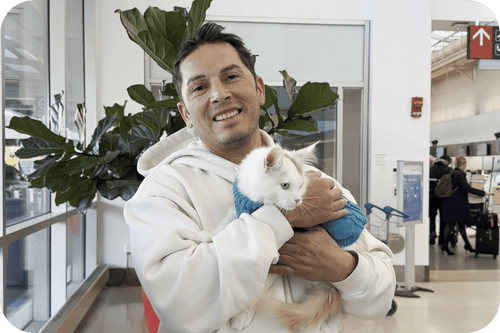
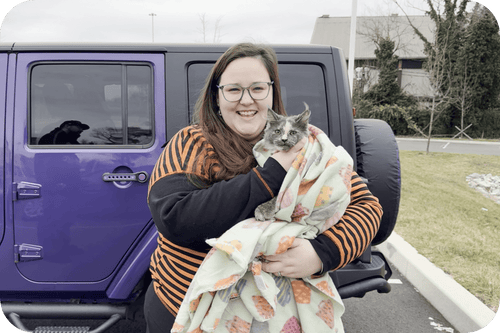
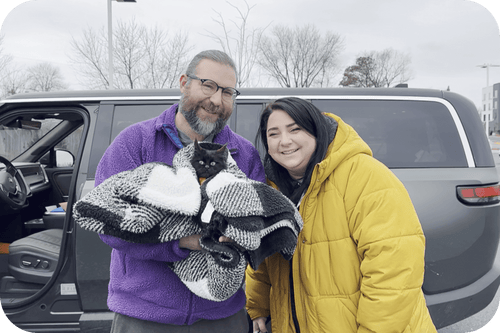
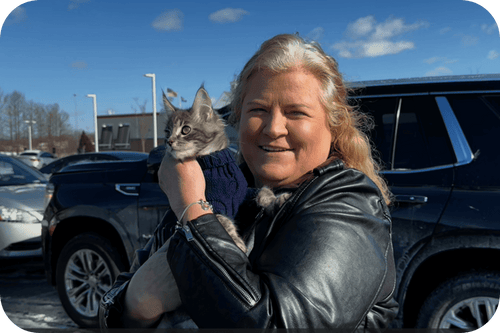
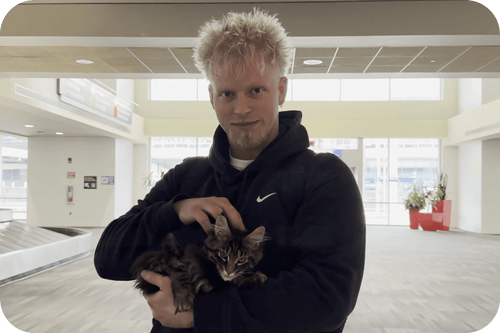
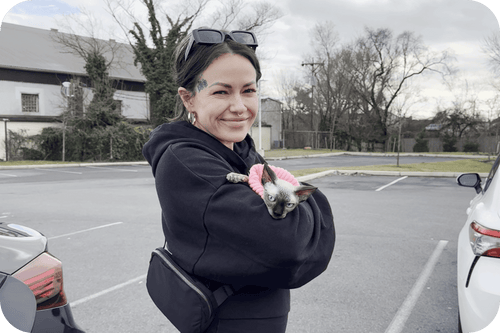
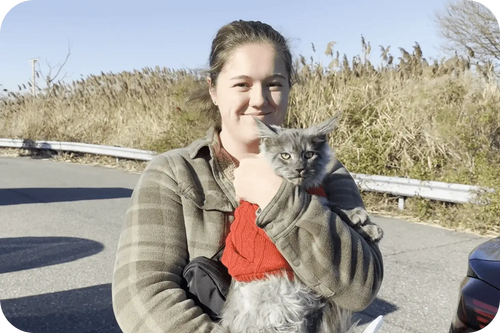
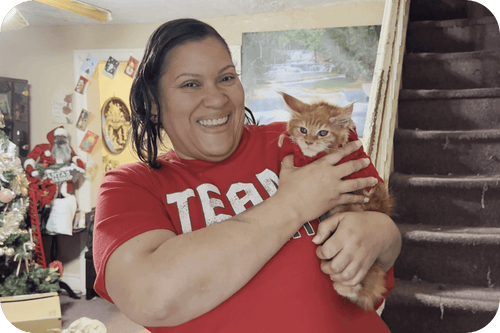
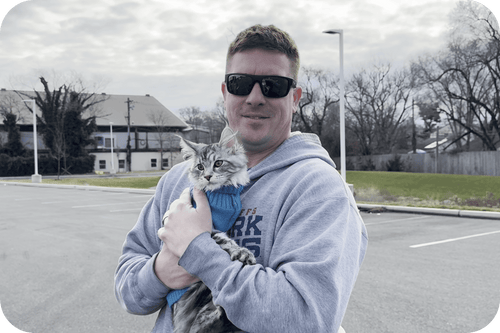
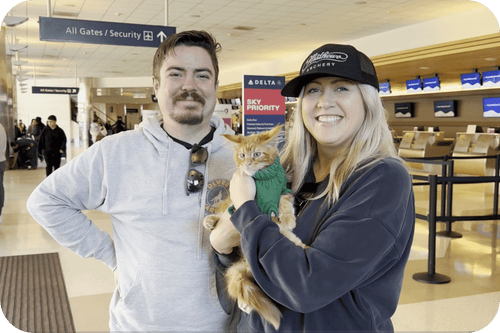
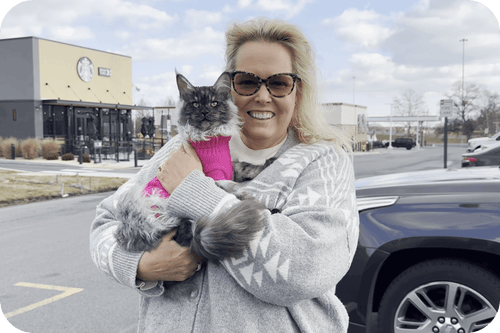
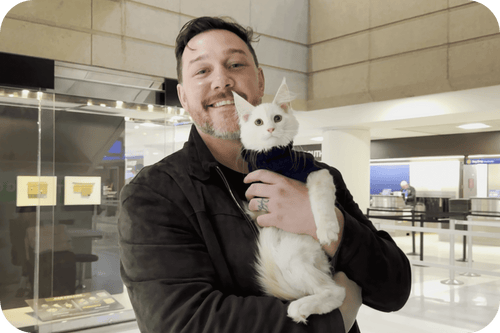
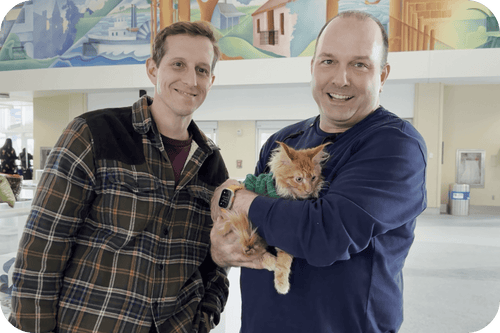
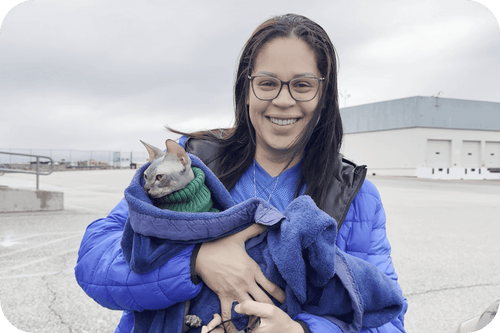
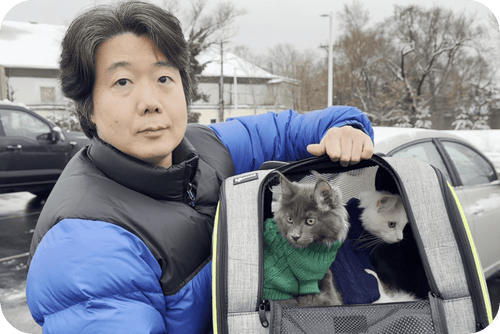
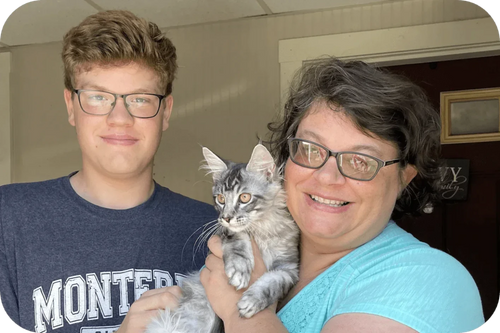
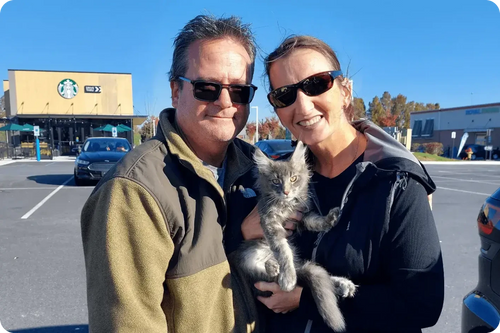
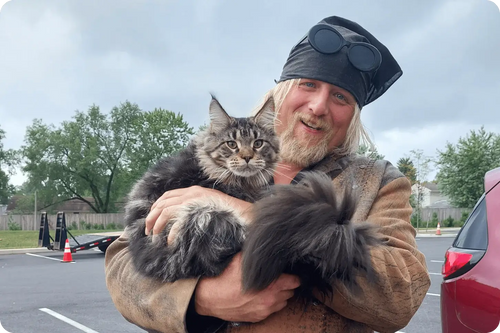
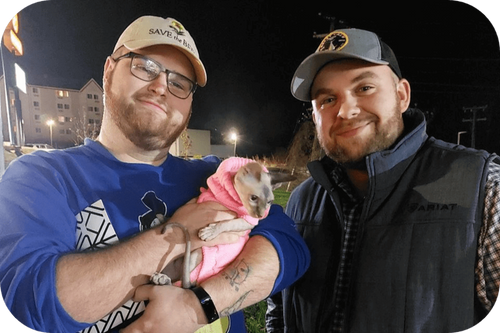
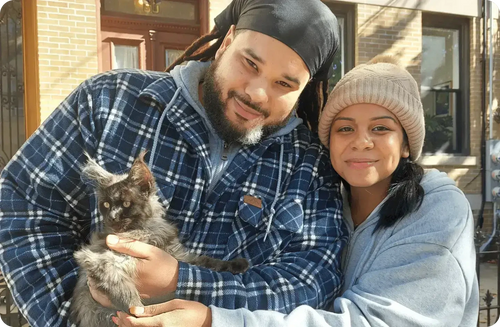
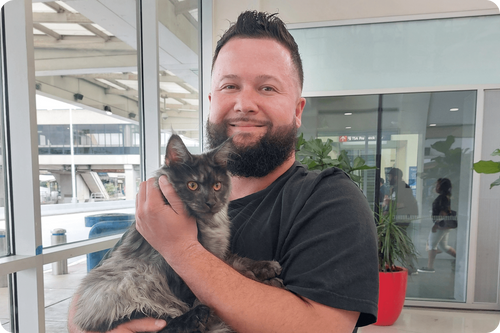













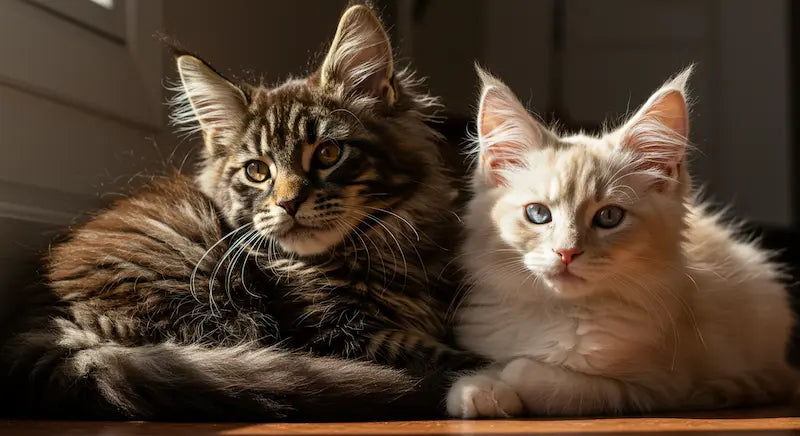
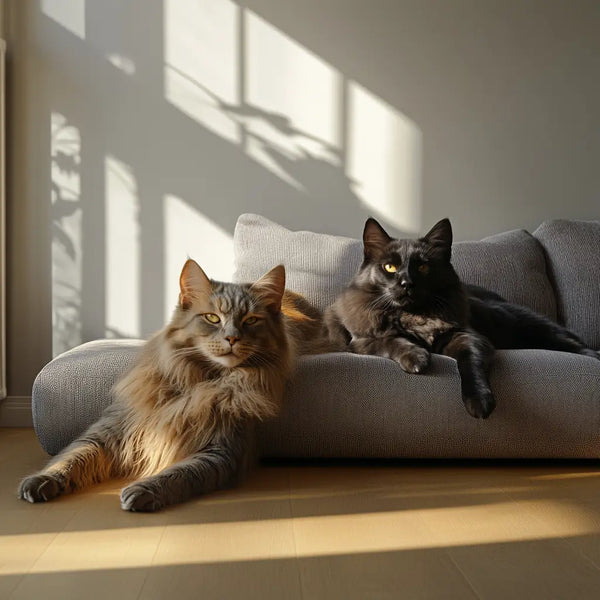





Comments(0)